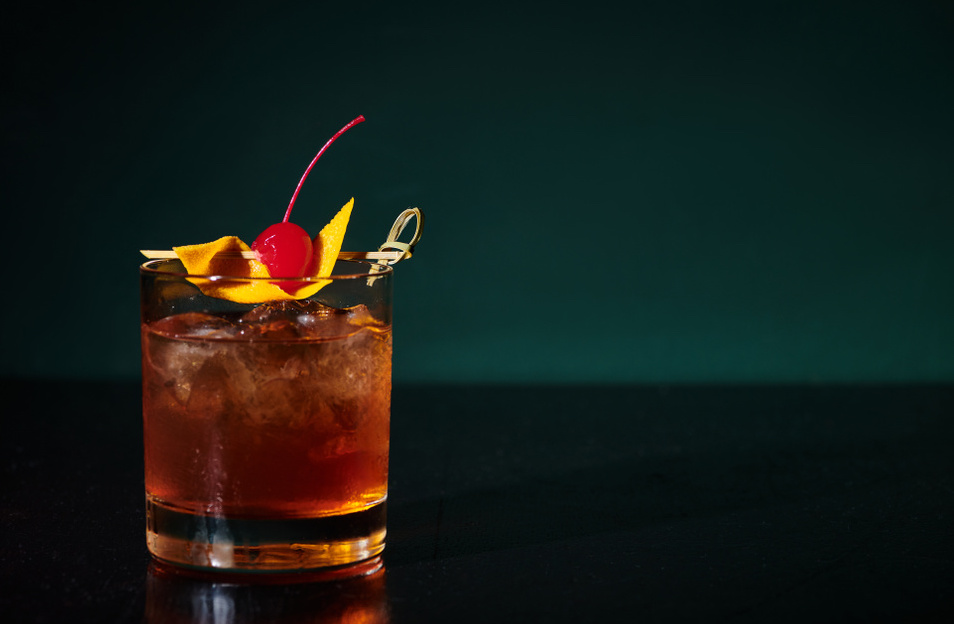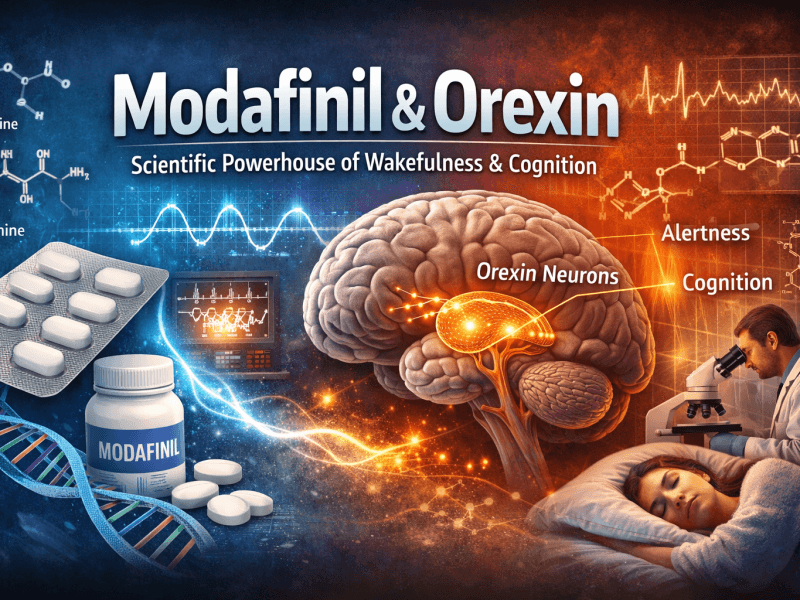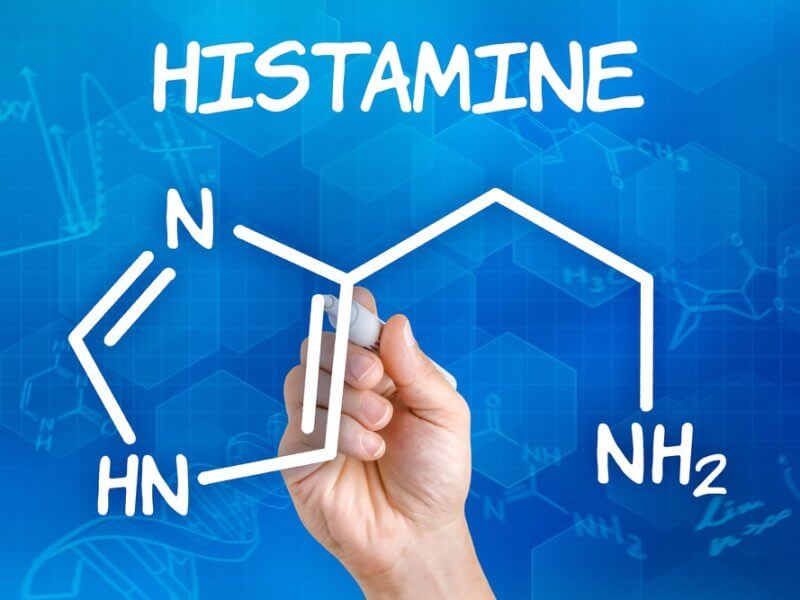Last Updated on 17/02/2025 by James Anderson
Understanding Modafinil
Modafinil is a wakefulness-promoting medication widely prescribed for conditions such as narcolepsy, sleep apnea, and shift work sleep disorder. Known for its cognitive-enhancing properties, modafinil has also gained popularity among professionals and students seeking improved focus and productivity. The drug primarily works by affecting neurotransmitters in the brain, specifically dopamine, to enhance alertness and concentration.
While modafinil is generally well tolerated, it is not without side effects. Common adverse reactions include headaches, nausea, and insomnia. Due to its mechanism of action, modafinil has a stimulating effect on the central nervous system, which may interact with other substances, including alcohol.
Effects of Alcohol on the Body
Alcohol is a central nervous system depressant that impairs motor skills, cognition, and judgment. When consumed, alcohol affects various neurotransmitter systems, including gamma aminobutyric acid (GABA) and glutamate, which play critical roles in mood regulation and neural activity. Moderate to excessive alcohol consumption can lead to slurred speech, slowed reflexes, and impaired decision making.
Chronic alcohol use has more severe consequences, such as liver damage, cardiovascular issues, and dependency. Even in small amounts, alcohol influences how the body metabolizes other substances, including prescription medications like modafinil. This interplay can result in unpredictable outcomes and heightened risks.
Risks of Mixing Modafinil with Alcohol
Combining modafinil with alcohol is not recommended due to the potential for adverse reactions. The primary concern is the conflicting effects of these substances: modafinil acts as a stimulant, while alcohol is a depressant. Mixing the two can lead to increased strain on the central nervous system, resulting in side effects such as:
- Heightened intoxication: Modafinil may mask the effects of alcohol, causing individuals to consume more than intended.
- Impaired cognitive and motor functions: Despite modafinil alertness boosting properties, alcohol can significantly impair reaction times and decision making.
- Increased risk of dehydration: Both substances can contribute to dehydration, exacerbating symptoms such as headaches and fatigue.
- Potential liver strain: Both modafinil and alcohol are metabolized by the liver, and combining them can overload this organ, leading to potential toxicity.
Furthermore, anecdotal reports suggest that mixing these substances can amplify negative psychological effects, such as anxiety and irritability.
Guidelines for Alcohol Consumption After Modafinil
When considering alcohol consumption after taking modafinil, timing is crucial. Modafinil has a half life of approximately 12 to 15 hours, meaning it takes this long for the concentration of the drug in the bloodstream to decrease by half. Depending on the dosage and individual metabolism, it may take up to 30 hours for modafinil to be fully eliminated from the body.
To minimize risks, follow these guidelines:
- Wait at least 24 hours: Allow enough time for modafinil to metabolize fully before consuming alcohol.
- Hydrate adequately: Both alcohol and modafinil can dehydrate the body, so drinking water before, during, and after alcohol consumption is essential.
- Limit alcohol intake: If you choose to drink, stick to moderate amounts to reduce the likelihood of adverse reactions.
- Monitor your body’s response: Pay attention to how your body reacts and avoid overindulgence.
Expert Advice and Medical Recommendations
Healthcare professionals strongly advise against combining modafinil with alcohol. If you are prescribed modafinil, consult your doctor about safe practices regarding alcohol consumption. They can provide personalized guidance based on your medical history and current treatment plan.
For individuals using modafinil recreationally, the risks of combining it with alcohol are even higher due to the lack of medical oversight. Always prioritize your health and well-being by avoiding risky behaviors.
Conclusion
While modafinil is an effective medication for enhancing wakefulness and cognitive performance, it should be used responsibly to avoid potential interactions with other substances, particularly alcohol. Allow sufficient time for the drug to leave your system before drinking, and always consume alcohol in moderation. When in doubt, seek medical advice to ensure your safety.
‼️ Disclaimer: The information provided in this article about modafinil is intended for informational purposes only and is not a substitute for professional medical consultation or recommendations. The author of the articleare not responsible for any errors, omissions, or actions based on the information provided.
References:
- A.L. Anderson. Modafinil for the treatment of cocaine dependence Drug Alcohol Depend. 2009
- J.M. Bjork et al. Impulsivity in abstinent alcohol-dependent patients: relation to control subjects and type 1-/type 2-like traits Alcohol. 2004
- K.G. Heinzerling. Randomized, double blind, placebo- ontrolled trial of modafinil for the treatment of methamphetamine dependence Drug Alcohol Depend. 2010
- M. Kahbazi. A randomized, double blind and placebo controlled trial of modafinil in children and adolescents with attention deficit and hyperactivity disorder Psychiatry. 2009
- J. MacKillop. Delayed reward discounting predicts treatment response for heavy drinkers receiving smoking cessation treatment Drug Alcohol Depend. 2009
- D.C. Turner. Modafinil improves cognition and response inhibition in adult attention-deficit/hyperactivity disorder Biol. 2004
- A. Verdejo-Garcia. Impulsivity as a vulnerability marker for substance use disorders: review of findings from high risk research, problem gamblers and genetic association studies Neurosci. Biobehav. 2008
- R.F. Anton. Combined pharmacotherapies and behavioral interventions for alcohol dependence: the COMBINE study: a randomized controlled trial J. Am. Med. Assoc. 2006
- I. Benaiges. Neuropsychological aspects of dual diagnosis Curr. Drug Abuse Rev. 2010


